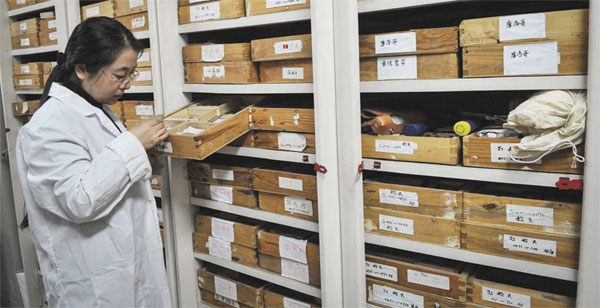Testing times
Updated: 2016-05-06 06:54
By Cheng Yingqi(China Daily Europe)
|
|||||||||
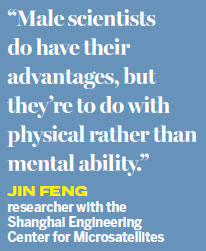
"Male scientists do have their advantages, but they're to do with physical rather than mental ability. They can carry heavy equipment, for example."
Women have proved they have the brains for any task: they have outnumbered men at China's universities since 2009 and at its graduate schools since 2010, according to data from the Education Ministry.
Once almost entirely focused on the liberal arts, such as languages, in the early 2000s female students began to major in male-dominated fields like business administration, sciences, engineering and technology.
Today, women account for roughly 40 percent of the 70 million or so sci-tech workers in China, according to the China Women's Association for Science and Technology.
However, compared with the business world, women in science still have a way to go to catch up with their male counterparts.
According to the 2016 survey of Chinese mainland companies by Grant Thornton, the multinational accounting firm, 30 percent of all senior executives are female, higher than the global average (24 percent). Meanwhile, only 16 percent of enterprises did not have women in their top management layer, down from 25 percent a year earlier.
Academic studies suggest this could be down to women being given extra credit when they show leadership skills.
For one study, Klodiana Lanaj at the University of Florida's Warrington College of Business Administration and John R. Hollenbeck at Michigan State University's Eli Broad College of Business recruited 181 MBA students in the US, of which 28 percent were women. They were organized into teams of five, including at least one woman, and after six weeks were asked to rate each other in terms of leadership.
The results proved a countervailing bias, showing that when women exhibited good organization, coordination and problem-solving skills they were rated higher than men who demonstrated the exact same qualities.
"When women's assertive or take-charge initiatives are in the service of a team, they not only are accepted but make a greater impression than similar endeavors by men," Lanaj was quoted as saying by Business Insider.
Li at Tsinghua University argues, however, that such a trend has yet to reach the world of science.
"When your peers review a research paper, they evaluate your work on what you have discovered. No one will consider whether this work was done be a man or a woman," she explains.
"If you are a woman who wants to be successful in science, first you have to be very strong," she adds. "As for what society can do to improve conditions for female scientists, it just needs to show more support, understanding and tolerance."
chengyingqi@chinadaily.com.cn
|
Women account for roughly 40 percent of the 70 million or so sci-tech workers in China, according to the China Women's Association for Science and Technology. Photos Provided to China Daily |
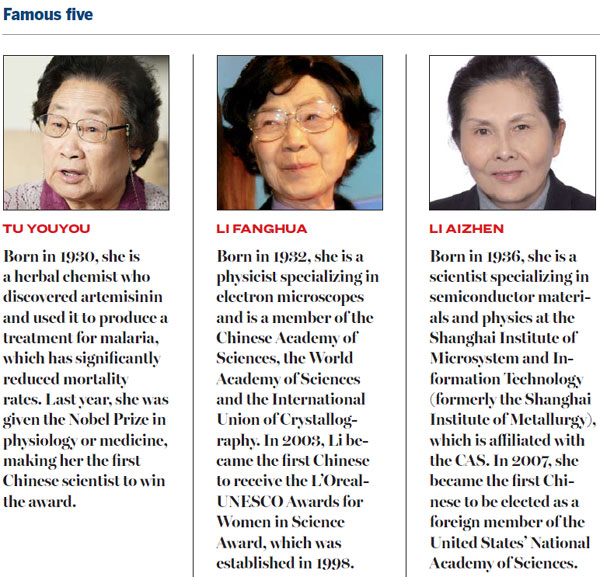
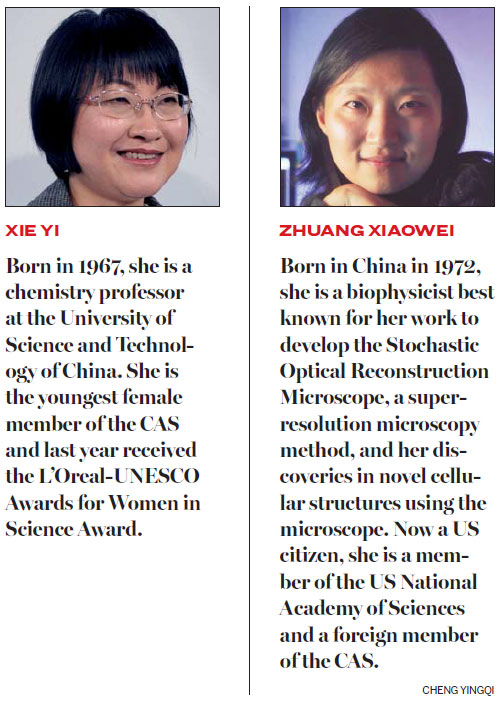
Related Stories
Female patrol team seen at West Lake in Hangzhou 2016-05-03 10:45
Half the Sky talks up the need for more female artists in public spaces 2016-05-03 08:10
Chinese female writer nominated for Hugo Award for Best Novel 2016-04-28 11:09
China to have first batch of female pilots for 'flying leopard' fighter bombers 2016-04-20 09:26
Female cops combine warmth with strictness 2016-04-04 09:53
Today's Top News
London's mayor an exception to Muslim ban -Trump
EU anti-dumping moves may damage ties with China
Search widens for leading overseas professionals
60% of career women say no to second child: report
Testing times
Big hopes as China hosts the G20
Inspectors to cover all of military
Britons embrace 'Super Thursday' elections
Hot Topics
Lunar probe , China growth forecasts, Emission rules get tougher, China seen through 'colored lens', International board,
Editor's Picks
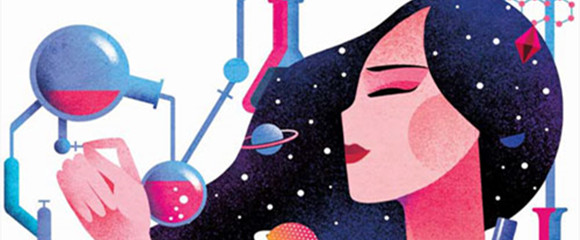
|
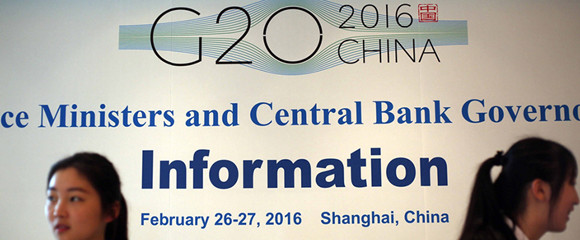
|

|

|

|

|
